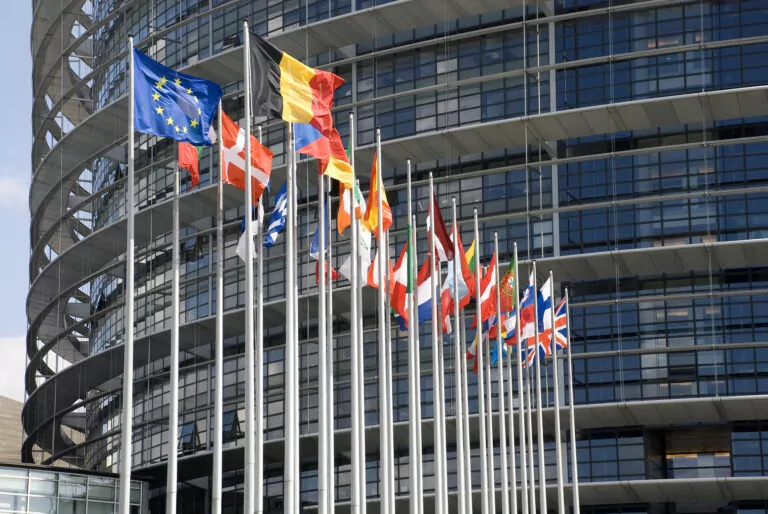Add to favorites:
Share:
The Horizon-CL6-2025-03-GOVERNANCE-10 funding call aims to improve and integrate polar observation systems to address challenges related to the monitoring of polar regions, enhancing their usability and interoperability. The objective is to develop a ‘system of systems’ approach for polar observation, ensuring long-term, integrated, and sustained monitoring systems that provide accurate data about polar environments. Proposals must focus on improving systems for monitoring the Arctic or Antarctic regions, specifically related to carbon cycles, biogeochemistry, sea ice dynamics, ice sheets, and other polar-specific factors. A key emphasis is on harmonizing data collection, processing, and management processes, with the goal of contributing to European and international environmental governance frameworks, like the Green Deal and UN 2030 Agenda. Proposals should also consider the coupling of in-situ and satellite observations to optimize polar research and improve prediction models, particularly for use by Copernicus services.
Opening: 06-05-2025
Deadline(s): 24-09-2025
Data provided by Ghent University
This funding opportunity represents a pre-agreed draft that has not yet been officially approved by the European Commission. The final, approved version is expected to be published in the first quarter of 2025. This draft is provided for informational purposes and may be used to preliminarily form consortia and develop project ideas, but it is offered without any guarantees or warranties.
Expected Outcome
• Major contribution to the long-term coordination, governance, and resilience of international polar observing systems.
• Enhanced accessibility, interoperability, and usability of environmental data for Earth system models and prediction systems.
• Improved models for uptake by Copernicus services and other EU policy initiatives.
• Support decision-making processes for sustainable management and critical challenges in polar regions.
Scope
• Improve marine and cryospheric observing systems with a focus on non-space-based components.
• Optimize and harmonize data systems for polar observations.
• Develop strategies for the long-term sustainability of observing systems.
• Support European efforts in governance bodies like the European Polar Coordination Office.
• Address regional challenges for the Arctic or Antarctic regions, including community-based monitoring and co-design with Indigenous peoples.

